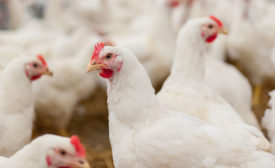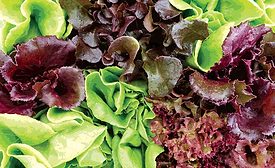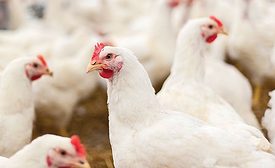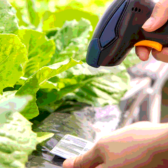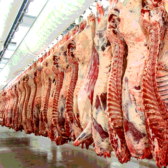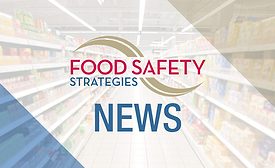Food Type
Food Safety Insights
Food Supply Chains and COVID-19: Impacts, Part 2
What changes are here to stay?
January 19, 2021
You Can’t Change the Future by Always Looking at the Past
Ongoing food safety issues with leafy greens
January 15, 2021
Making Poultry Safe for Consumers and the Planet
Sanderson Farms examines the connection between food safety and sustainability efforts
January 15, 2021
Canadian food labeling rules
Canadian government launches comment period for simulated protein products guidelines
Public consultation period opened on November 3 and runs until December 3, 2020
November 24, 2020
Never miss the latest news and trends driving the food safety industry
eNewsletter | Website | eMagazine
JOIN TODAY!Copyright ©2025. All Rights Reserved BNP Media.
Design, CMS, Hosting & Web Development :: ePublishing
